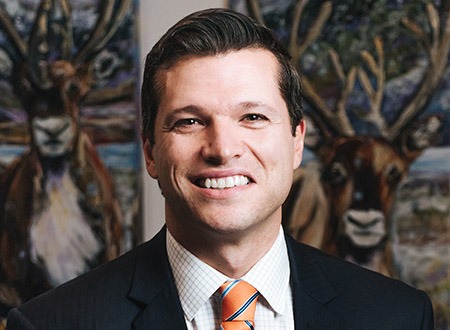September 11, 2020
OKT is pleased to announce the release of the groundbreaking report: RAISING THE STAKES: A Comparative Review of Canadian Mining Laws and Responsible Mining Standards.
Canada is an important international mining jurisdiction with a significant mineral base, but the country’s ability to attract new investment and grow market share for its metals and minerals will depend on how its mining laws measure up to an emerging set of global best practices, according to a new report released today.
In the first analysis of its kind, a team of lawyers from across Canada has concluded that none of the country’s five main mining jurisdictions currently have legislative requirements sufficient to meet global best-practice standards.
Quebec and the Northwest Territories come closer than the other jurisdictions to meeting the required social and environmental standards and should have a competitive edge for companies seeking to source responsible metals. However, British Columbia falls far short of the standards.
The report, RAISING THE STAKES: A Comparative Review of Canadian Mining Laws and Responsible Mining Standards, compares selected components of mining regimes in B.C., Ontario, Quebec, Yukon and the NWT to the standards set by the Initiative for Responsible Mining Assurance (IRMA).
Developed over 10 years with input from more than 100 organizations, IRMA’s standards are a pioneering example of how best to address environmental and social issues in mining. IRMA’s members include Anglo American, ArcelorMittal, Microsoft, Tiffany & Co., Jewellers of America, BMW, IndustriALL, United Steelworkers, First Nations Women Advocating Responsible Mining, Human Rights Watch and Earthworks.
The authors point out that leading metals producers, buyers, financiers and civil society organizations are now working together to establish thresholds for best practices through the development of a detailed certification standard to evaluate and identify responsible mining projects.
The report focuses on key elements of law and policy such as community engagement, environmental assessment, Free, Prior and Informed Consent (FPIC), biodiversity, ecosystems and protected areas, water management, waste management, and reclamation, closure and security.
“This report highlights the need for more urgency in all study jurisdictions to undertake reforms compatible with international best practices. Each jurisdiction has a lot to learn about incorporating best practices to meet the IRMA Standard. Innovation in legislation in other jurisdictions, combined with the continued economic success of mining projects in those jurisdictions, demonstrates that progressive mining legislation providing expanded scope and opportunity for community engagement, reconciliation with Indigenous peoples, modernized tenure and operating regimes, and a more limited role for ministerial or political discretion in approvals is compatible with a robust mining industry.” – Larry Innes
For a downloadable copy of the report click here. To download the press release, click here.
Please contact Larry Innes at LInnes@oktlaw.com, or (867) 675-5801 for media inquiries.
Related Posts

Bill Five: Risky Business in Ontario
Thursday, May 8, 2025 | Part 1
On April 17, 2025, the Government of Ontario introduced Bill 5, the Protect Ontario by Unleashing our Economy Act, 20251,…
Read More...
Ontario’s Proposed Bill 5 Will Be Devastating to Indigenous Rights and Interests
Monday, May 12, 2025 | Part 3
On April 17, 2025, the Government of Ontario introduced Bill 5, the dramatically-named Protect Ontario by Unleashing our Economy Act, 2025.
Read More...
Five Things to Know About the Repeal of the Endangered Species Act and the Introduction of the Species Conservation Act
Thursday, May 8, 2025 | Part 2
On April 17, 2025, the Government of Ontario introduced Bill 5, the dramatically-named Protect Ontario by Unleashing our Economy Act, 2025.
Read More...



